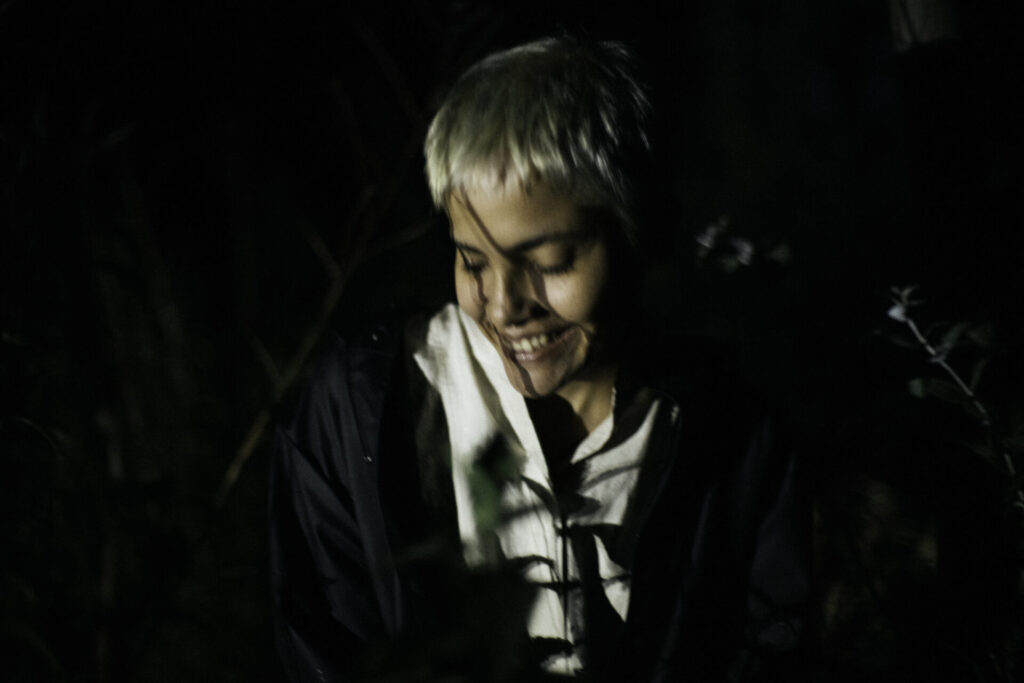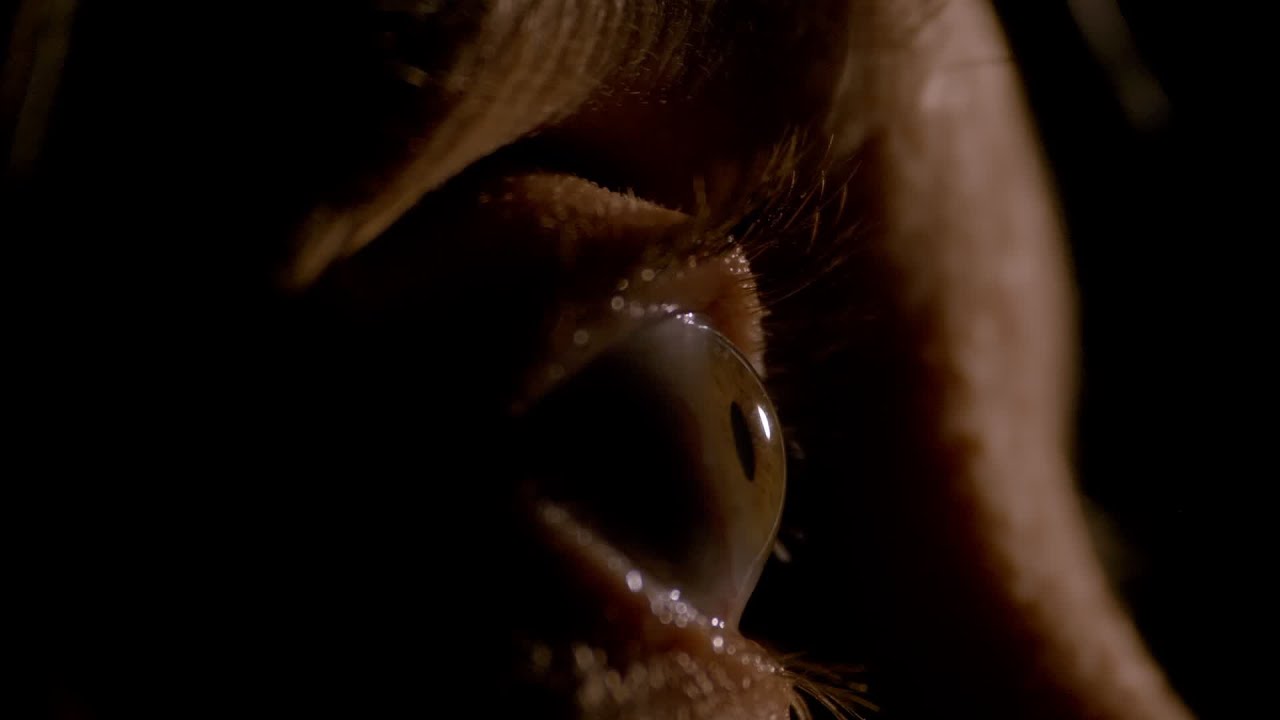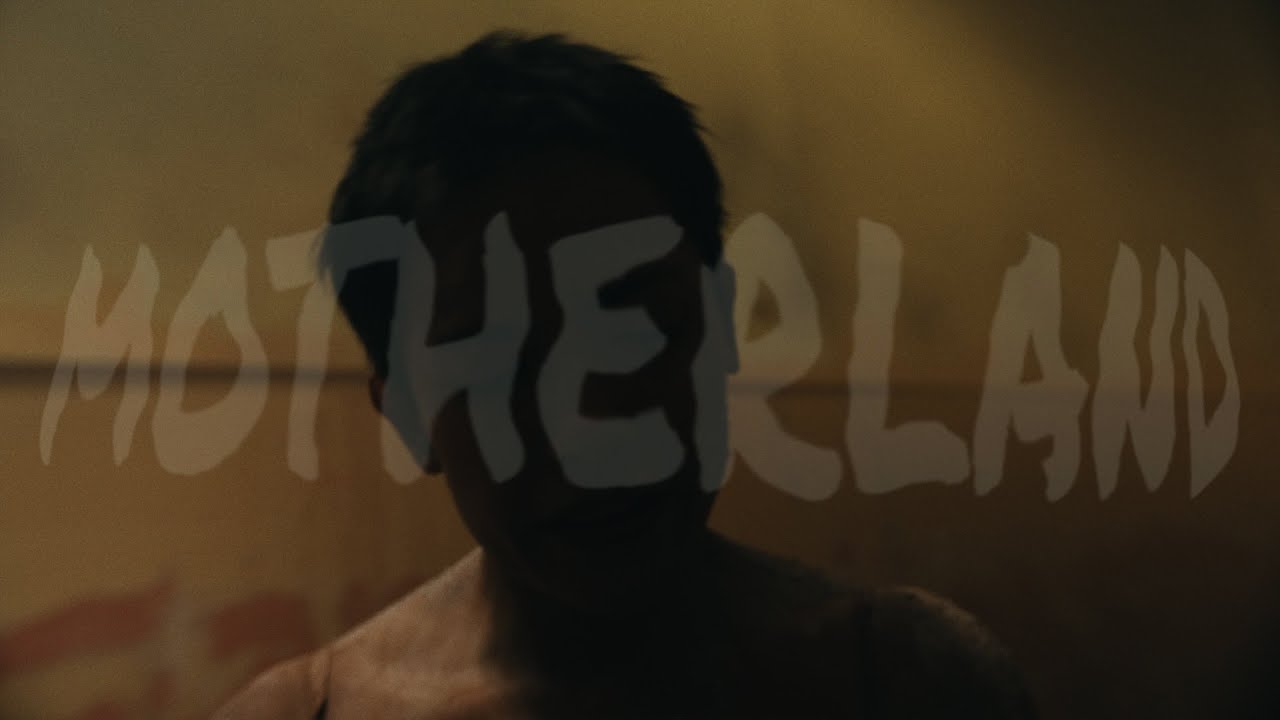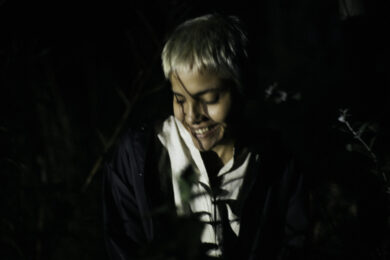What is a home? Is it a house, a place of belonging, a shelter for our loved ones, or an abstract space we construct to seek comfort? One can imagine that this question has haunted humankind since nomadic tribes first settled in permanent dwellings. Yet, no one had articulated the phenomenology of homes as vividly as French philosopher Gaston Bachelard. The house, he writes in the 1958 book The Poetics Of Space, is “a topography of our intimate being”, where “past, present and future often interfere, at times opposing, at others, stimulating one another”.
For Bachelard, the house is a fundamental metaphor, the “body and soul” in an exploration of the emotional, psychological, and spiritual aspects of home. “Without it, man would be a dispersed being.” For Peruvian-born, Berlin-based musician, sound artist, and researcher Alejandra Cárdenas, this architecture needs to be turned inside-out, to house her past and present. It’s the body that becomes like a home – a “living archive” of meaning and things ”buried, disguised, or renamed”.
Working, for the first time, under her given name rather than the usual moniker of Ale Hop, Cárdenas shapes A Body Like A Home and the book of poetry that accompanies it in the form of a memory palace, fills its rooms with generational wounds, then gives each of them their own voice, reciting poignant verses over a porous fabric of electronic timbres, electric guitar, field recordings, and Mexican musician Gibrana Cervantes’s violin drones.
“What is the point of remembering, let alone recording life?”, Cárdenas ponders on the opener ‘On Memory’. Her voice is soft but laden with weariness as she reflects on histories and the cruelty of those who get to write and erase them. “Somewhere, you and I, we met in the footnotes of the Annals of History, their pages full of us – relics, fossils, and sentimental things.” The words float above, then dive below a bramble of melodies; some raw, taken from birdsong, others glistening with the blinding shimmer of synthesised arpeggios, widescreen sweeps, and the nervous tremor of a lonely violin. This ensemble of sounds attempts to grow towards a Vangelis-esque mesa, but is brought back down to Earth with force.
Cárdenas’s voice is now a focal point that attracts the instrumental swells like deadly flame calls to night insects. Yet, remnants of her solo works and collaborations can still be clearly heard throughout the album: the ecstatic, jolting experimental pop and heady Latin rhythms of Mapambazuko with guitarist Titi Bakorta, released earlier this year; the psychedelic grooves of 2023’s Agua Dulce with Laura Robles, complete with the burbling patterns and radical history of the cajón; or the noisy soundscapes of 2022’s “Why Is It They Say A City Like Any City?“ and 2020’s “The Life Of Insects” – both rich acts of sonic storytelling that hid words in carefully placed textures and pieces that sounded like scores for an imagined animated film.
Over the next two cuts, Cárdenas recoils into the safety of bright-sounding instrumentals that, while wordless, remain narratively rich. It’s a moment of reassurance before the coming darkness. On ‘Glass Skin’, the roar of a passing automobile knocks bottles into a mess, shadowed by guitar licks whose beauty obscures the painfulness of this found memory. In Cárdenas’s hands, even a sequence of hard knocks on a wooden door and the light bristle made by sweeping shattered glass become powerful tools, suggesting an aftermath of violence and family struggles. Meanwhile, pieces like ‘Early Road’ and ‘Evangelina’ – dedicated to Evangelina Chamorro Diaz, who rose miraculously from Lima’s 2017 mudslides – bite into folk. Here, in the remains of bumping, cumbia-evoking rhythms, we find gorgeous guitar licks that snake like pillars of thin smoke through the air, extending into the muted grumble of guitar riffs, jagged string glissandi, and calming güiro of ‘Anatomy Of A Straight Line’. “Keep your head up front!”, inflects Cárdenas with a tone that’s both frighteningly commanding and motivating.
Moving from song to song feels like strolling through a house without doors, the sounds and ambience of neighbouring rooms seeping into each other. In Bachelard’s theory, each part of the house is assigned a meaning, the cellar and the attic residing on opposite sides of the spectrum. One is a space for the unconscious and the terrestrial. The other portrays dreams and memories. A Body Like A Home hints towards a similar structure, as its pieces guide us through Cárdenas’s house, rising from the intimacy of the first floor towards the upper layers that lie closer to the outside world.
‘Motherland’, one of the album’s cornerstones, concocts subterranean, noisy bass tremors, sharp, trilling frequencies that echo like an unanswered phone in an empty house, and guitar riffs that growl with bitterness to help Cárdenas dig through the rubble left behind by dictator Alberto Fujimori. “Sacrifice demands a body. And collateral damage piles up to be buried in the tomb of ‘change’.” Here, the air is heavy and the atmosphere oppressive, reminiscent of Jayro Bustamante’s 2019 film La Llorona, whose depiction of Guatemalan dictator Enrique Monteverde’s crimes and state-sanctioned massacres – fictional, but inspired by the very real Efraín Ríos Montt – is more horrific than any supernatural entity. A different country, a different monster, yet the violence is familiar. Cárdenas names these things, then vanquishes them. “‘Indigenous’ was made a synonym for terrorism – you see – it’s an important assessment not to be racist murderers, just liberal murderers fighting for ‘democracy.’”
Outer brutality then violates the sanctity of the home and reflects internally, becoming a reckoning with alcoholism and maternal violence. The tone remains the same, the pain and feelings of betrayal joining into the same vision. “As for her promise of change, by then, just rubble – like our house, and our blood carpet, and the flowerless pot like a garden, and the ashtray smell of glasses, and the nights like razor-wire walls, and my brother’s fist for supper.” Inside. “As armies march in through the bloody asphalt, I lean on the verge like a sharp angle, tracing my scars, as if they were night triumphs, or war captives, as if they were words in a foreign language, as if they were archaeological sites.” Outside.
Before ‘Going South’ closes the album with some beautifully heartbreaking violin licks, acoustic guitar, and tender percussion, ‘When We Were Diamonds’, ‘A Body Like A Home’, and ‘Dream Of Fire’ remind us how elusive and fragile the concept of a home might be, moving from rumbling low pitches and frantically circling violin phrases to spectral electronics and swells of delicate Earth-like drones that are barely there, on the brink of disappearing.
The idea of “the most personal work to date” has been cheapened to the point of becoming a meme. Yet, Cárdenas’s music opens up to something so deeply hidden and earnest, extending an invitation into the privacy of her home – her memories, her body – that it’s difficult not to feel like witnessing something sacred. “But don’t make the mistake of taking wilderness for faith, or any fleeting house for a home.”







